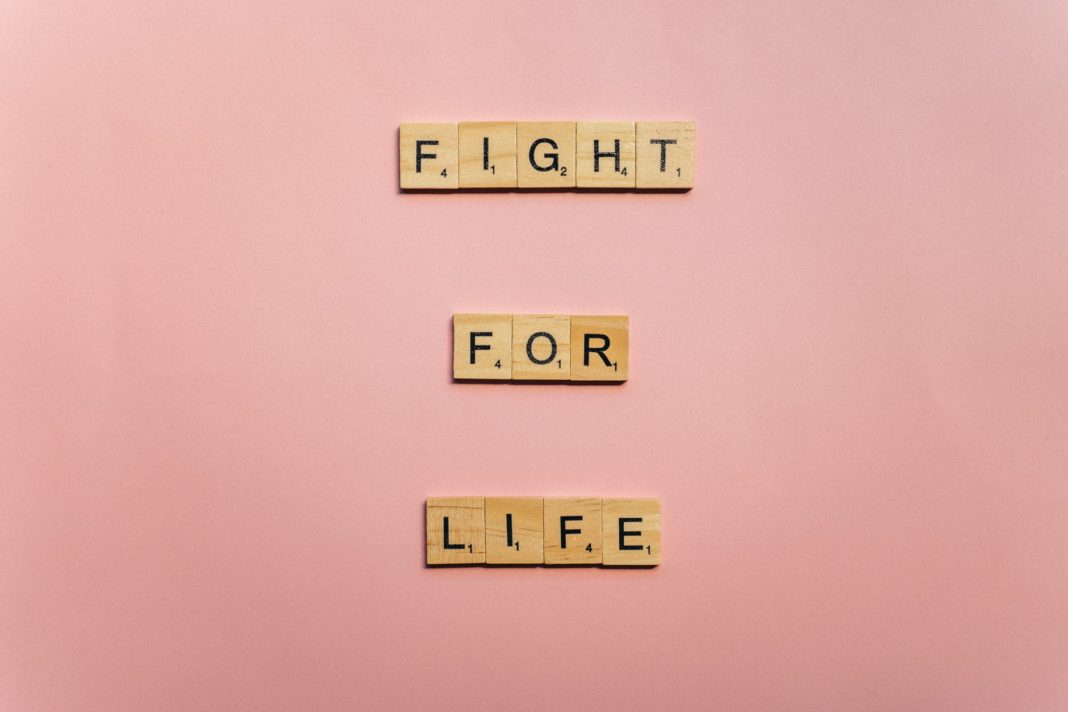A cancer diagnosis is nothing short of shock and the biggest scare of life for many people. Some often remain in denial for months because the news could seem unreal. Life after cancer diagnosis changes tremendously. You have to face numerous physical and mental challenges. Survival after cancer requires several lifestyle alterations to adjust to the treatments and ensure effective therapies. You might have to put many day-to-day activities and personal commitments on hold as the priorities become different, and your health comes first.
Additionally, you may need to remain motivated, strong, and brave throughout the journey. It requires every ounce of courage you have to transition from being a patient to a survivor. You may need to make sacrifices. During this time, you’ll discover the real faces of people – those who are your biggest supporters and the disloyal friends. The challenges continue even after survival as you need to move on and restart a new life. Read on to discover useful ways to survive and thrive during and after a cancer diagnosis.
1. Deal with depression and anxiety:
A cancer diagnosis is no easy feat. Just hearing the words “You have cancer” can send chills down the spine. You might get lost in negativity and become prone to extreme depression. However, if you focus on aggressive and proper treatment, chances are your mind will be more at peace knowing you have done your very best to survive.
2. Seek financial help:
Low on cash? No need to compromise the quality of your treatment! Many organizations, such as the Financial Assistance Coalition (CFAC), offer excellent funds to ensure you receive the perfect medications and therapies. In some cases, you can even receive financial compensation if you suspect foul play. For example, you may hire a professional mesothelioma lawyer if you contract this cancer. The attorney will guide you on the ideal financial plans and treatment options.
3. Pay attention to your diet:
It’s also necessary to pay attention to what you eat. While you must ensure you consume three proper meals, they should contain more nutritious foods that would help kill cancer cells. Some foods such as apples, berries, spinach, kale, broccoli, papaya, carrots, avocado, cucumber, and pepper contain essential nutrients that prevent cancerous growth. A few herbs and spices such as peppermint, turmeric, flaxseeds, oregano, and thyme are also popular anti-cancer foods you should add to your diet. Use nuts as well because they can also help with cancer treatment.
4. Stay physically active:
Another important factor is to be physically active. Remind yourself that a cancer diagnosis isn’t the end of the world. For survival, you need to get out there and keep moving. Go back to your favorite sports like swimming, cycling, jogging, etc., albeit gradually without overexertion. If nothing else, ensure you get a 15-minute walk daily. Breathe in the fresh outdoor air. It’ll help clear off your mind when you feel gloomy.
5. Drink lots of water:
Proper hydration is crucial. Chemotherapy and harsh treatments can leave you dehydrated and craving water. Avoid the consequences of dehydration and drink at least 8 ounces of water every day. Water-rich foods like cucumber are also useful.
6. Remain connected with your doctor:
Have a question about your cancer diagnosis? Don’t understand a few terminologies? Have some confusion about what activity is okay for you and which foods you need to avoid? Open a clear line of communication between yourself and the doctor. There’s no need to be shy on your part. Additionally, find a doctor who is more than happy to answer your queries as it can prevent complications.
7. Join social groups and forums:
Several online and offline social groups and forums are available to help you become more aware of your condition. These forums include members who have survived and thrived cancer many times. They are educated about the disease and can answer many questions for you. Plus, discussions with people with a similar diagnosis can help you feel less lonely.
8. Create a support system:
You should also have an incredible support system of trusted friends and family to get you through the cancer diagnosis. They will be your biggest motivators to help you through the tough days. They will boost your confidence and reduce self-consciousness about your looks. A proper support system might accompany you to chemotherapies and won’t leave you alone in tough gloomy hours. Keep such people close to you.
9. Quit drinking and smoking:
Alcoholism and tobacco can aggravate the condition. Particularly if you have some lung cancer such as mesothelioma, smoking can be harmful to your health. On the other hand, alcoholism interferes with treatment.
10. Begin healthy routines
Last but not least, sticking to healthy habits and routines can change your life, particularly in cancer treatments. Meditate every morning to achieve mental clarity and begin your day on a positive note. Start a bedtime journal about your struggles and jot down all the thoughts you have throughout the day. Listen to cancer survivor podcasts and discover how they maintained a healthy lifestyle during and after their diagnosis. A routine can help you take medicines on schedule as well.
Final Thoughts
A cancer diagnosis is no doubt a start of a tough journey. But through proper self-care and being surrounded by thoughtful people can make a huge difference. You will feel less lonely and more motivated to survive and thrive before and after the treatment. The bad days won’t feel horrible if you take your medicines on time, eat a healthy diet, stay hydrated, and be physically active.

